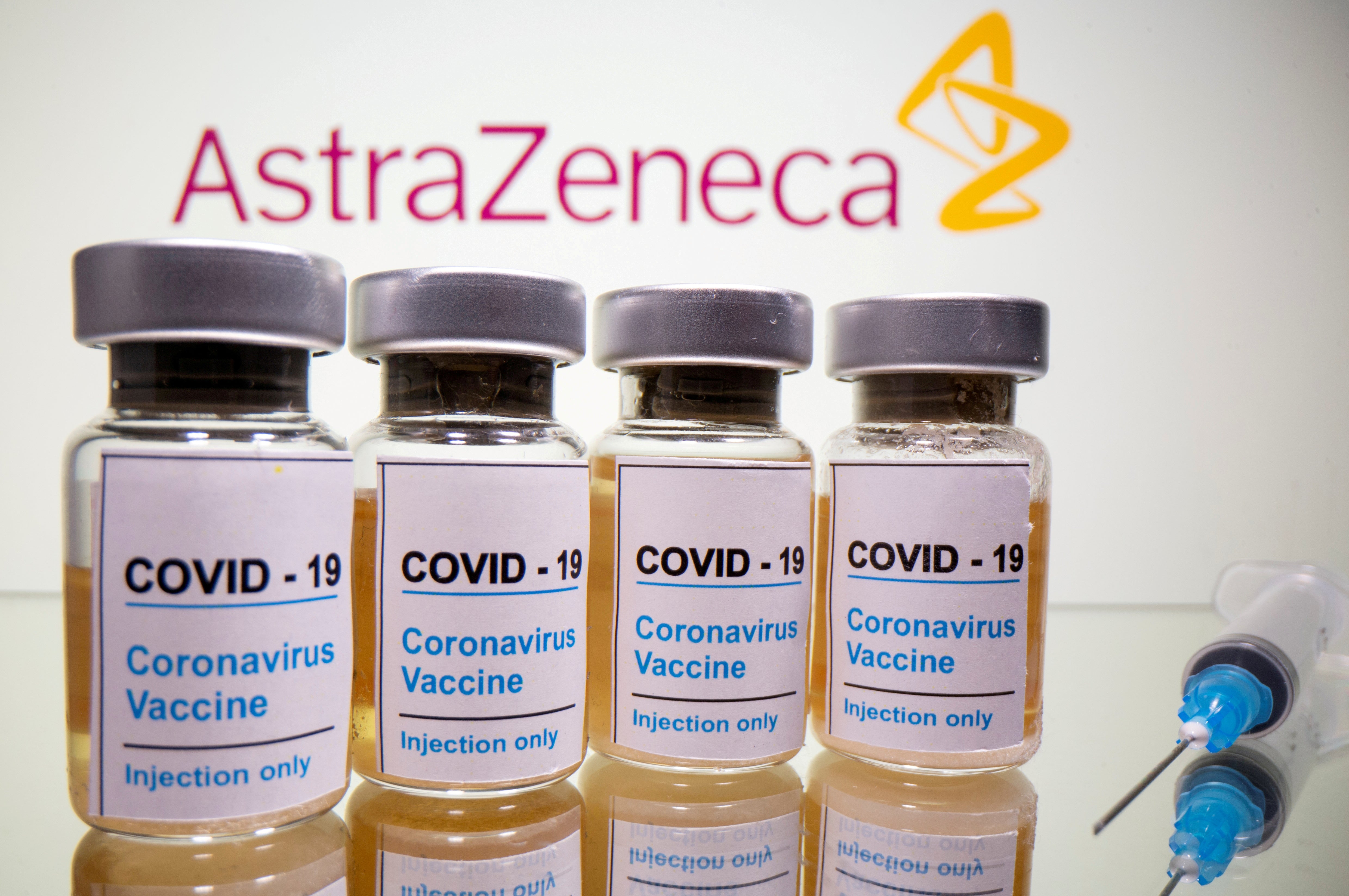Forget AstraZeneca’s wobbly share price – vaccines give big pharma investors reasons to be cheerful
Vaccine success could help the industry counter some of the criticism it has faced over drug pricing, even though reform is long overdue, writes James Moore


The morning after AstraZeneca’s big Covid-19 vaccine announcement saw its shares recovering a bit from the market’s decidedly churlish reaction to the news concerning its remarkable collaboration with Oxford University.
The fall on the day was perhaps driven by twitchiness about the numbers (even though there’s more to it than the headline of 70 per cent effectiveness compared to Pfizer’s 90 would imply), perhaps by nerves over how the US authorities might react. It might simply have been because markets always find the journey much more exciting than the arrival. The rule has long been that you buy during the run-up, sell when the announcement comes.
Longer term, there is every reason for those with money invested in the sector to feel optimistic about the prospects of Astra and its peers, even if the former’s investors will have to wait a bit for any vaccine-related payoff as a result of the company’s promise to make it available at cost while the pandemic is raging (which is clearly open to interpretation).
Big pharma has been the subject of increasingly sharp criticism in recent years. Competition issues have been repeatedly raised as a result of some decidedly sharp pricing practice at the industry’s tail end. Drug prices more generally have become a political hot potato in the US, and were raised by both candidates during the bitterly contested presidential election. Donald Trump announced new rules at the end of last week, designed to bring US prices into line with those in other developed countries, which typically negotiate deals for patients direct with pharma companies.
Legal challenges are possible, likely in fact, and experts have questioned whether the hurriedly put together plans will survive them. On the other hand, Trump’s move might make it easier for president-elect Joe Biden to either tweak the regulations to ensure that they stick or to bring forward his own.
The operative word, of course, being “might”. Drug companies are accustomed to taking flak during election years and to deploying their considerable lobbying power after new administrations have formed to great effect.
The success of AstraZeneca, Pfizer and their partners in bringing forward what increasingly look like workable coronavirus vaccines in record-breaking time can only assist with that effort.
It will help them to chip away at the critical narrative of drug companies as exploitative profiteers whose rapacious pricing practices put dividends and share buybacks above the lives and the health of patients. That’s especially true in places like the US, where prices are currently very high and there is no public health service to help, but it has power even in places like Britain where any suggestion of the NHS getting ripped off is guaranteed to be greeted with outrage.
The counter argument tabled by the industry’s defenders is that the vaccine progress being made is precisely because pharmaceutical companies are big and rich. That dividends and buybacks are necessary to reward investors for providing the capital the industry needs to invest in research. That prices for treatments are necessarily high because there are multiple costly failures for every new one brought to market, and with patent protection lasting for 20 years or so drug companies have only a very limited time to make a return on their products.
It’s going to be much easier for big pharma to make this case when people are finally getting their shots and something approaching normal life has resumed.
The truth of the matter is probably somewhere in between the two. Reform in the US is clearly overdue, particularly when one considers what’s been going on with the price of, say, insulin, which has ballooned in recent years.
The industry could and should also clean up the sort of cynical practices when drugs come off patent, which Britain’s Competition and Markets Authority has targeted.
But, yes, credit where it is due… and when it comes to the vaccine work, it is due.
Investment was required to develop these treatments. The investors who provided it will ultimately be rewarded both tangibly (in the form of dividends and higher share prices) and intangibly (through an improvement in the way the industry is perceived).



Join our commenting forum
Join thought-provoking conversations, follow other Independent readers and see their replies
Comments